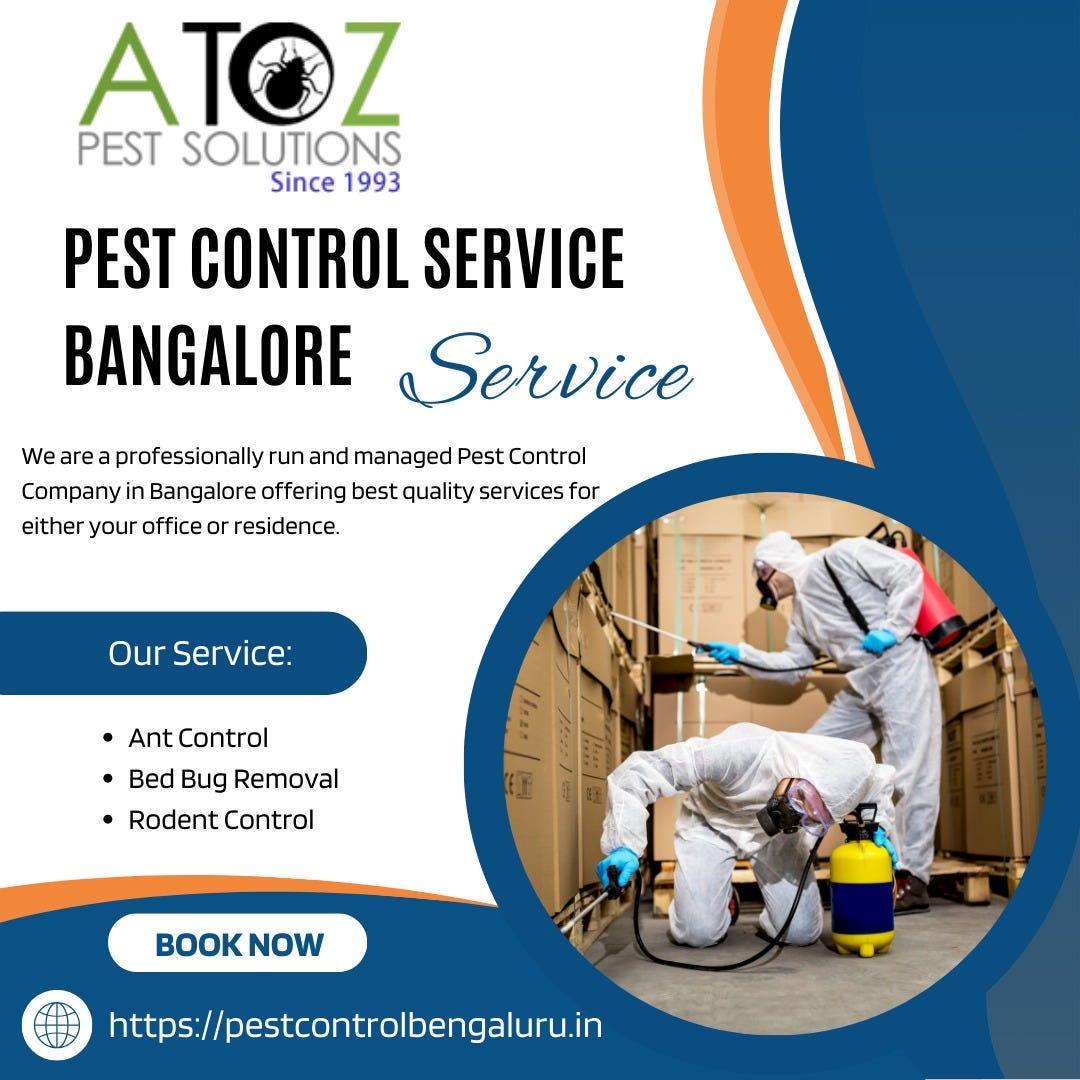Reliable Pest Control Fresno Solutions: Your Option for Pest Issues
Wiki Article
A Malfunction of the Different Kinds Of Insect Control Solutions
In the realm of insect control, a wide variety of techniques exist to battle the presence and attend to of undesirable animals. As we navigate with the diverse landscape of parasite control solutions, comprehending the ins and outs of each technique becomes extremely important in determining the most effective course of activity.Chemical Pesticides

Among the primary benefits of chemical pesticides is their ability to offer immediate alleviation from bug invasions. When applied correctly, these pesticides can quickly eradicate bugs, avoiding additional damage to plants, structures, or human health and wellness. In addition, chemical pesticides been available in different kinds such as fumigants, baits, and sprays, making them versatile and ideal for different parasite control needs.
However, it is important to use chemical pesticides with care due to their possible hazardous effects on the atmosphere and non-target varieties. Incorrect application or overuse of these chemicals can lead to pollution, injury to beneficial bugs, and resistance development in pest populations. It is essential to comply with safety guidelines and guidelines when utilizing chemical pesticides for parasite control.
Biological Control Methods

There are 2 main kinds of organic control: timeless and augmentative. Timeless biological control involves introducing all-natural opponents from the pest's native variety to manage its population. On the other hand, augmentative biological control includes releasing great deals of all-natural opponents to decrease insect populations quickly.
One benefit of biological control is its long-term efficiency. When developed, all-natural enemies can help regulate pest populaces continually without the need for repeated applications of pesticides. In addition, biological control is often much more economical and can aid decrease chemical resistance in pest populaces in time. On the whole, biological control methods provide a lasting and eco pleasant service to pest management.

Mechanical Parasite Control
Mechanical bug control entails the physical manipulation or elimination of parasites to handle their populaces efficiently. This approach is commonly employed in conjunction with various other pest control techniques for detailed bug management. One common instance of mechanical parasite control is utilizing catches to catch rodents or insects. These traps can be established up in calculated places where pests are known to dwell, assisting to lower their numbers.An additional mechanical approach is making use of obstacles such as displays, webs, or fences to block parasites from entering specific locations. By physically avoiding bugs from accessing a location, the chance of invasions or damage can be substantially lowered. Additionally, hand-operated methods like handpicking insects off structures or plants can be efficient for smaller-scale invasions.
While mechanical pest control methods can be labor-intensive, they supply a non-chemical alternative that can be environmentally friendly and lasting. By targeting bugs directly, mechanical control techniques can aid keep insect populations in check without depending on chemicals.
Natural Treatments
Utilizing natural solutions for parasite control supplies a green and lasting approach to taking care of pest populations without considering chemical interventions. Natural solutions entail utilizing compounds originated from plants, minerals, or various other normally occurring sources to discourage or eliminate bugs. For instance, growing specific natural herbs like basil, mint, or lavender around your property can repel pests as a result of their solid fragrances. Diatomaceous planet, a powder made from fossilized algae, can be made use of to combat bugs like ants, cockroaches, and bed pests by dehydrating their exoskeletons.Furthermore, essential oils such as tea tree oil go to this website or neem oil have insecticidal homes that can successfully control insects while being risk-free for the atmosphere. pest control fresno. An additional natural remedy is introducing helpful pests like ladybugs or praying mantises to your garden to exploit unsafe bugs. By integrating these natural services right into parasite monitoring strategies, individuals can decrease their dependence on synthetic chemicals and promote a healthier, much more balanced ecosystem
Integrated Insect Administration
Integrated Pest Management (IPM) is a thorough technique that incorporates different strategies to effectively regulate pest populations while minimizing dangers to human health and the environment. IPM involves the assimilation of several parasite description control techniques such as biological control, habitat manipulation, modification of cultural practices, and using immune crop varieties. By using a combination of these techniques, IPM intends to reduce reliance on chemical pesticides, which can have negative influence on environments and human health.One trick element of IPM is the focus on avoidance. By carrying out measures to stop pest problems before they take place, such as keeping proper hygiene and securing access points, the requirement for responsive insect control measures is reduced. Tracking and normal assessments play an important duty in IPM, permitting for early detection of insect problems and punctual treatment.
Conclusion
Finally, the different kinds of bug control remedies offer a variety of options for efficiently taking care of insect invasions. Chemical pesticides offer quick obliteration yet might have ecological dangers. Biological control techniques make use of all-natural killers to control pests. Mechanical pest control entails physical obstacles or traps. Natural treatments provide non-toxic choices. Integrated Parasite Monitoring incorporates numerous techniques for an all natural strategy to pest control. Each technique has its own benefits and drawbacks, and choosing the most ideal remedy depends upon the certain bug issue at hand.Chemical pesticides are generally utilized in parasite control to properly get rid of a wide variety of insects and various other bugs.Mechanical insect control entails the physical manipulation or removal of parasites to manage their populaces successfully.Making use of natural solutions for bug control supplies a sustainable and environment-friendly approach to taking care of anonymous bug populaces without resorting to chemical interventions.Integrated Bug Management (IPM) is an extensive technique that combines different approaches to properly manage pest populaces while minimizing dangers to human health and wellness and the environment.In final thought, the numerous kinds of bug control services use an array of options for efficiently taking care of pest invasions.
Report this wiki page